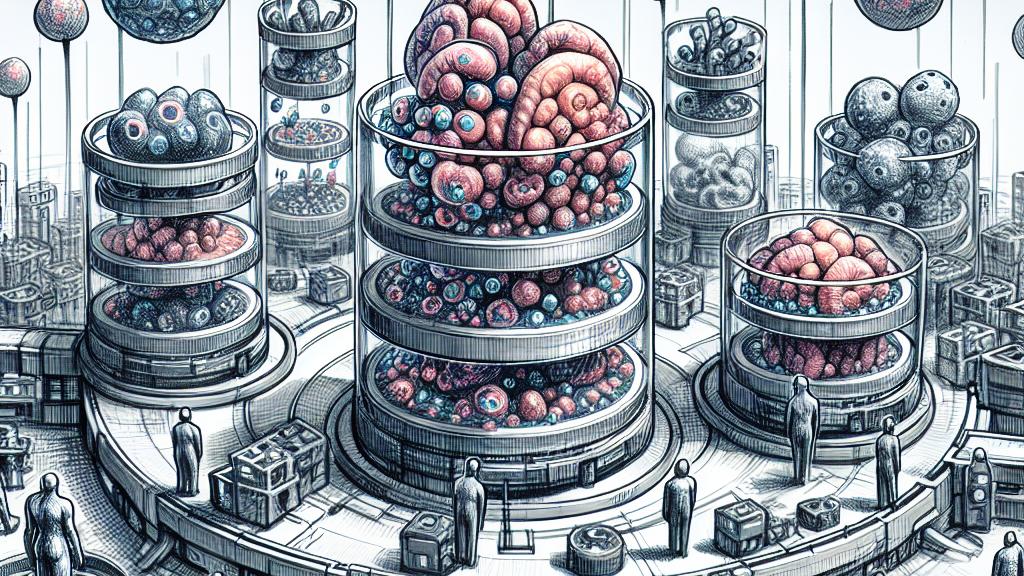Revolutionizing Organoid Production with Innovative Nanofiber Technology
Overview
- Introducing UniMat: a breakthrough in scalable organoid manufacturing.
- Enhancing quality and uniformity opens new doors in medical research.
- Pioneering personalized drug testing and effective disease modeling.

Organoids: The Future of Biomedical Research
Imagine a world where scientists can create miniaturized versions of human organs to explore their complexities and functions. This is where organoids come into play! These 3D structures, derived from stem cells, mimic the architecture and functionality of actual organs. Recently, a visionary team at Pohang University in South Korea has announced the development of an innovative platform known as UniMat, which is set to transform how organoids are produced. Traditional methods often faced significant hurdles, including variations in quality and challenges in scaling production. However, with UniMat, researchers are now equipped to usher in a new era where these models are consistently reliable and more widely available. This shift is pivotal, not just for organoid research but also for the future of regenerative medicine!
The Cutting-Edge Innovation of UniMat
So, what makes UniMat stand out? At its core, this platform relies on an advanced three-dimensional engineered nanofiber membrane. The nanofibers are delicately crafted, being nearly 200 times thinner than a human hair, which creates an ideal environment for cell growth and differentiation. For instance, the team has successfully engineered kidney organoids featuring intricate nephron structures and fully developed blood vessels, closely resembling what you would find in human kidneys. This consistency in quality is a huge leap forward, as it allows for unprecedented reliability in experiments that involve drug testing and disease modeling. Furthermore, using UniMat speeds up production—think about it: faster organoid creation means quicker advancements in medical research, ultimately contributing to breakthroughs in tailored medical treatments.
The Implications for Personalized Medicine and Research
The implications of this cutting-edge technology extend far beyond simple organ replication. Researchers from prestigious institutions such as Harvard are already employing organoids to delve into complex diseases, including neurodevelopmental disorders and various cancers. By utilizing patient-specific cells, scientists can create organoids that serve as living laboratories, providing insights into individual disease mechanisms and drug responses. This level of personalization could redefine how treatments are tailored, moving away from a one-size-fits-all approach towards individualized therapies based on specific patient profiles. In short, the UniMat platform doesn't just enhance organoid production; it opens up a world of possibilities in understanding diseases and developing groundbreaking treatment strategies that could revolutionize healthcare as we know it.

Loading...